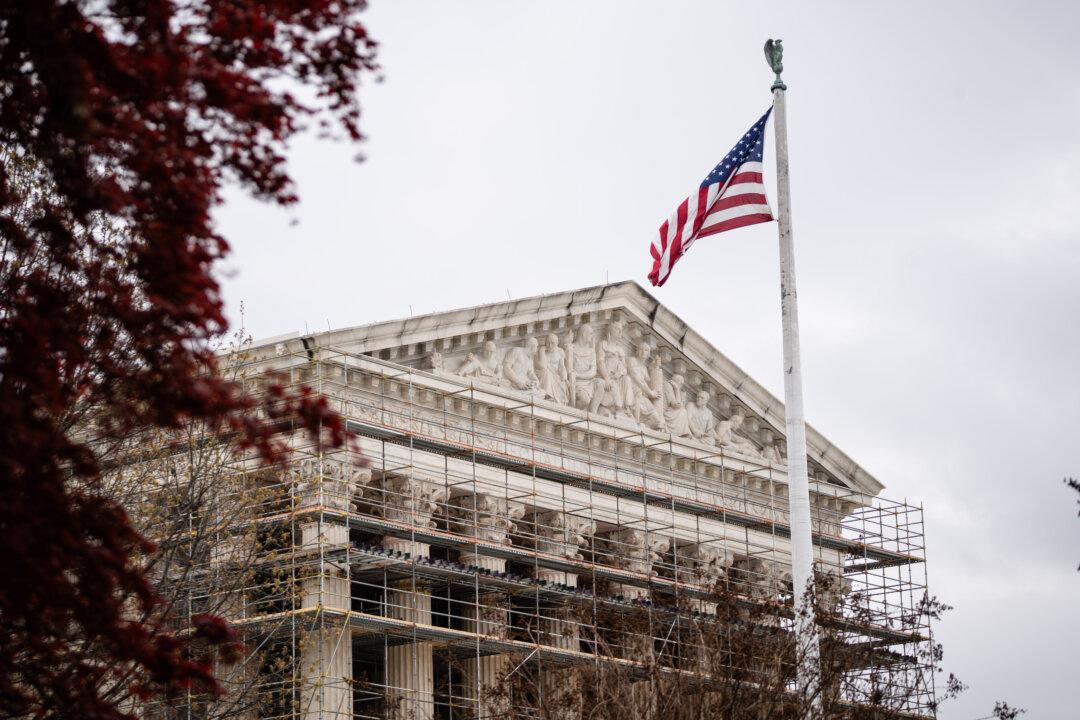The Trump administration urged the Supreme Court on May 12 to dissolve a block it issued last month that prevents the government from deporting alleged Venezuelan gang members under the Alien Enemies Act.
On March 14, President Donald Trump signed a proclamation in which he officially declared that Tren de Aragua, a designated foreign terrorist organization associated with Venezuela, “is perpetrating, attempting, and threatening an invasion or predatory incursion against the territory of the United States.”





